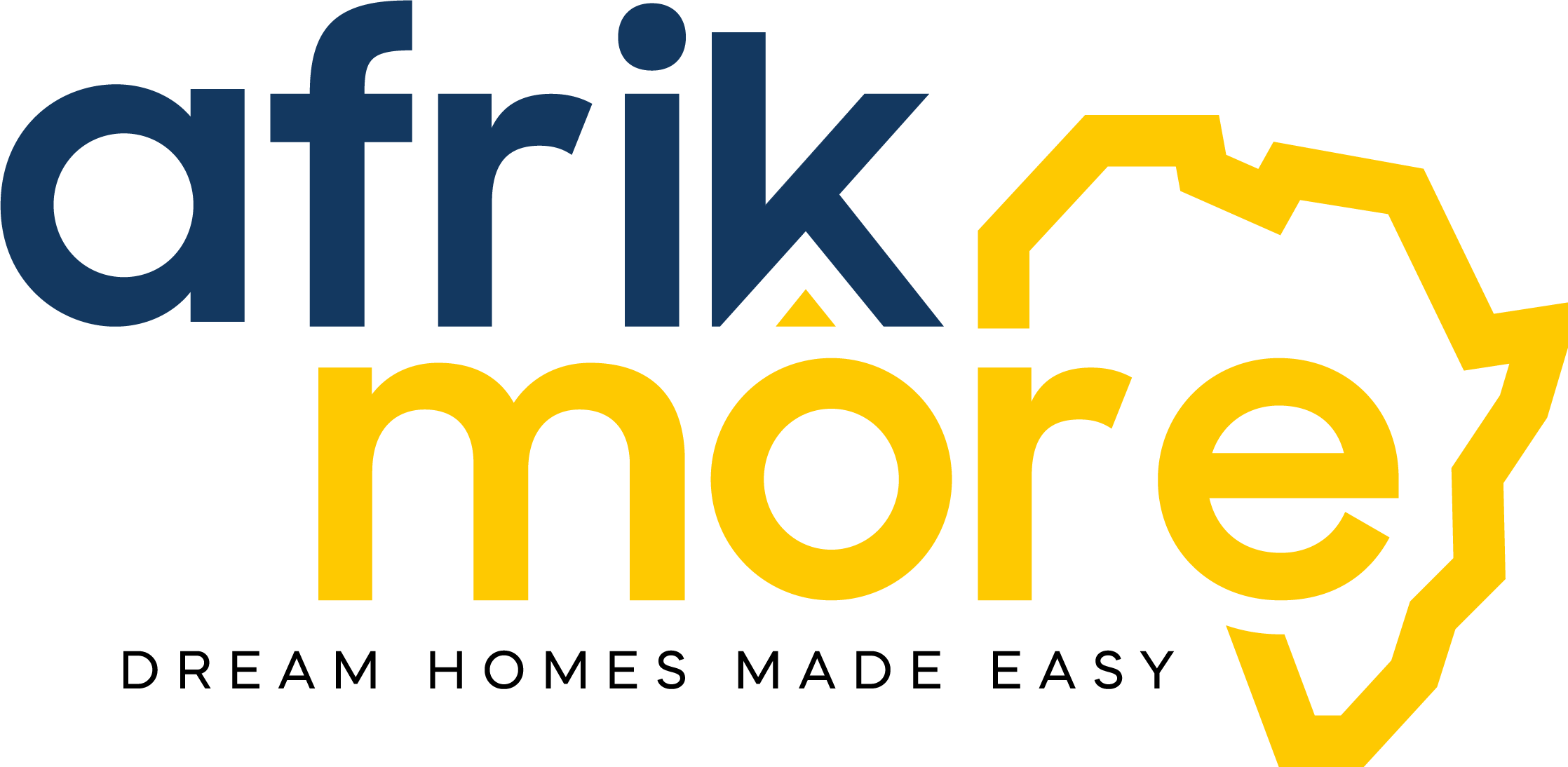Traditional vs Digital Marketing in Real Estate: The Best Way to Market Property
Traditional vs Digital Marketing in Real Estate: The Best Way to Market Property
Property owners are usually caught up on the best way to market their properties. Traditional marketing means have always yielded results, while digital marketing is becoming a household name in the real estate industry. For many reasons, including budget, know-how, location, and target audience, realtors have always chosen the better-suited marketing option for their goals, while a few incorporate both. Since marketing is the building- block of success in any business, we will explore the contrasting approach of traditional and digital marketing in the real estate industry.
Traditional marketing vs Digital Marketing
Like in most industries, traditional marketing has always been the cornerstone of marketing in real estate. It relies on tangible materials and face-to-face interactions to promote properties and close deals. Typically, traditional marketing involves using print advertising, networks and referrals, for-sale sign placements, direct mail, open houses, etc. Contrary to popular belief, it still plays a significant role, especially in the local market and for millennials who still frequent newspapers. Some of its advantages include:
- Local Presence: Traditional methods excel in establishing a local presence, leveraging signage, print advertising, and community events to capture the attention of nearby prospects.
- Tangible Interaction: Face-to-face interactions at open houses and networking events foster trust and rapport. It enhances the customer journey by providing personalized attention and immediate responses to inquiries.
- Perceived Credibility: Tangible marketing materials such as brochures and direct mail convey a sense of credibility and professionalism, which instills confidence in potential buyers.
Despite having a couple of benefits, traditional marketing in real estate is not without demerits, which include:
- Limited Reach: The aim of every business is to maximize ROI by minimizing resources. Traditional marketing methods have limited reach compared to their digital counterparts, restricting the pool of potential buyers and impacting ROI.
- Time-Intensive: Hosting open houses and attending networking events require significant time and resources, potentially diminishing ROI if not managed efficiently.
- Difficulty in Tracking: Tracking the effectiveness of traditional marketing efforts can be challenging. Hence, progress and performance may be difficult to gauge, and strategies may be tasking to optimize.
The internet ushered in a new era of marketing where targeting is laser-focused, and reach is wider than traditional means had ever experienced. The internet, including social media, has seen billions of people clustered ion a few platforms. This presents the opportunity for more precise marketing in the real estate industry. The beauty of digital marketing lies in its reach and precision. With laser-focused targeting tools, you can tailor your message to specific demographics, interests, and even online behavior.
Digital marketing empowers property owners with data-driven insights and global reach, revolutionizing the customer journey and ROI metrics. The advantages of digital marketing in real estate include:
- Global Reach: Digital platforms offer unparalleled reach, allowing property owners to showcase listings to a global audience and attract qualified leads from diverse demographics.
- Data Analytics: Digital marketing channels provide robust analytics tools, enabling property owners to track user engagement, measure ROI, and refine strategies based on actionable insights.
- Personalized Engagement: Through targeted advertising and personalized content, digital marketing creates tailored experiences for each prospect, enhancing the customer journey and increasing the likelihood of conversions.
Its disadvantages include:
- Saturation and Competition: The digital landscape is saturated with competing listings and advertisements, making it challenging for properties to stand out and achieve optimal ROI.
- Tech Dependency: Digital marketing requires a certain level of technological proficiency and ongoing investment in digital infrastructure, which may pose challenges for some property owners.
- Impersonal Interaction: Despite its personalized capabilities, digital marketing lacks the human touch of traditional methods, potentially hindering the customer journey for prospects seeking a more personal connection.
Striking the Balance
While each marketing channel offers distinct advantages and challenges, the key to maximizing ROI and enhancing the customer journey lies in striking a balance between traditional and digital strategies.
- Integrated Approach: By combining the strengths of traditional and digital marketing channels, property owners can create comprehensive marketing campaigns that resonate with diverse audiences and maximize exposure.
- Targeted Allocation of Resources: Understanding the unique attributes of each marketing channel enables property owners to allocate resources strategically, focusing on channels that yield the highest ROI and customer satisfaction.
- Continuous Optimization: Regardless of the chosen approach, ongoing optimization is essential for maximizing ROI and ensuring a seamless customer journey. Property owners should leverage data analytics to monitor performance metrics, identify areas for improvement, and refine strategies accordingly.
The internet has disrupted every industry and the way we market properties has changed over time. Regardless, the real estate industry deals with people from different generations and contrasting appeals. So while it may be smart to target young people using social media, traditional marketing means may be the best bet to reach retirees.
Afrikmore understands the need to create a laser-target of your ideal audience when marketing your properties. With experience in the African market, Afrikmore creates marketing strategies to ensure your property gets to the front of your ideal buyer, whether on their smartphone, their TV, or newspaper.
Ready to market your property, click here to outsource to us.






